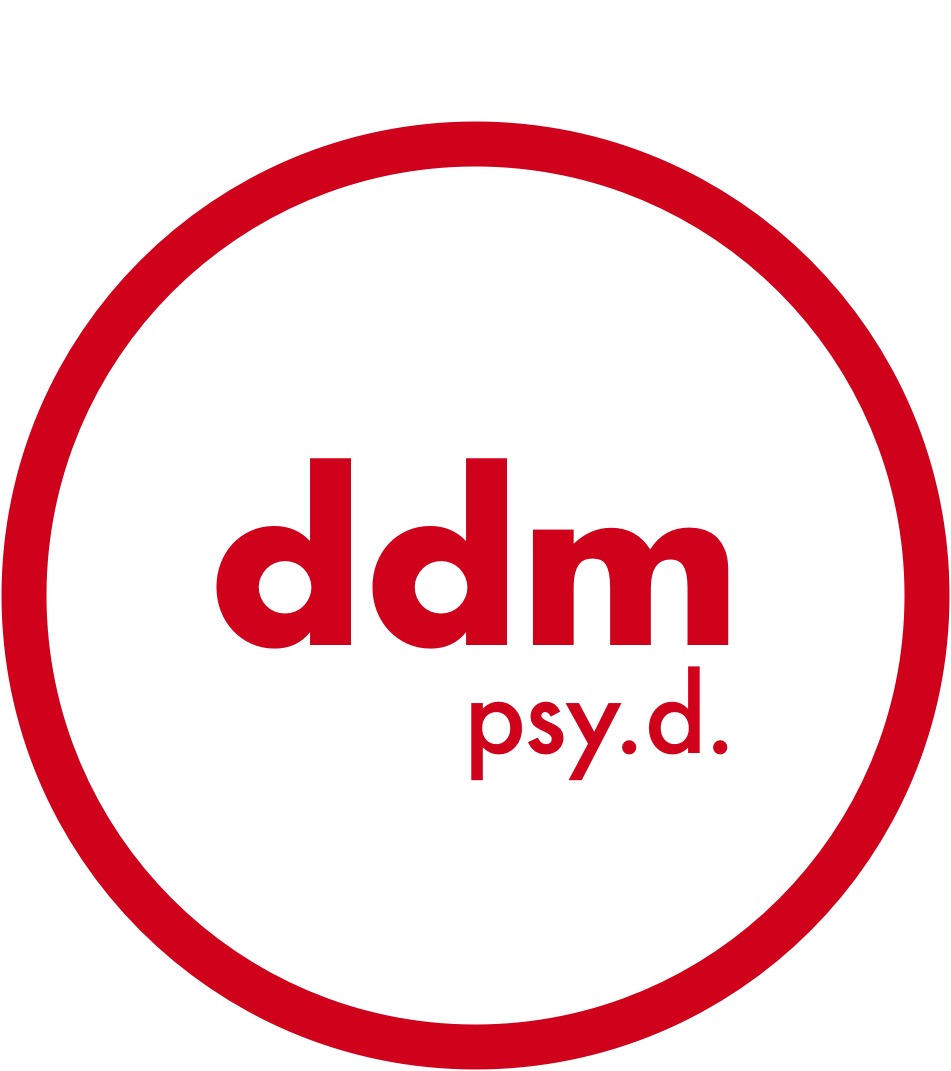i often think my hair stylist (who i only met that way and who has become my friend) could be a therapist. she is wise and a seeker in all the right ways. she gleans wisdom and shares it generously. she listens and she shares. while cutting my hair yesterday she said in a sentence something that takes me paragraphs to say in my parenting talks. someone once said to me that “children are excellent observers and terrible interpreters.”
this is so true.
children are excellent observers and terrible interpreters.
it’s true this way too: people are excellent observers and (frequently) terrible interpreters.
the problem is that we don’t often realize this. or own it.
we are all, more than any other time in history, observing. we observe in all the good old-fashioned ways: people watching, television watching, gossiping, “over hearing.” and we do it in some far flung new ways as well: trolling facebook photo albums, timelines, and status updates with their follow-on comments; following twitter accounts; getting feeds on our phones, which we take everywhere, even to the bathroom and to bed; screens, screens everywhere presenting stimulus for us to observe. in addition, when our own lives leave any open space at all we are quick to fill it with observation. while waiting in line, while experiencing a block while studying, while in conversations, while driving. we are always, it seems, observing.
in these times we often judge that which we observe. “that is so stupid.” “that is so amazing.” “he is such an idiot.” “she is such a narcissist.” “if that were me i would never...” “he’s too busy for me, i wouldn’t want to bother him.” “she wouldn’t possibly remember me.” “he’s too attractive for me.” “she’s too smart.” “it’s far too good a school for me.” “they’re so self righteous.” and so on and so on and so on.
the problem is we’ve observed lazily and come to quick interpretations without even realizing it. no critical thought has been engaged, no room for doubt made, no empathic gaze employed. we just observe and interpret. in so doing we let our ridiculously false interpretations about our observations affect us deeply.
if someone looks disinterested we assume they either feel, or are, too important for us. if a group holds a passionate stance we assume that individual members will reject us if we believe differently. when someone drives an old car we believe they can’t financially afford a newer one. when a person is dissheveled we are tempted to believe that they are lazy, or homeless, or needy in other too-scary-to-imagine ways. disinterested gazes are interpreted as personal rejections.
we imagine that our interpretations are accurate and we act, believe, and react accordingly. in so doing we make others’ actions all about us.
what if, instead, someone is simply shy. unable to interact with confidence so defensively clinging to a disinterested posture without ever realizing it consciously. perhaps individuals from the group are much more open than we imagine. it’s possoible that some folks choose to drive older cars for reasons having nothing to do with financial resources. maybe our kids’ cold expression or our cube mate’s grumbling or our partner’s distance has nothing to do with us and everything to do with what is going on in them. perhaps we, ourselves, are not the reference point for the interpretation of the actions of another.
here’s what i notice. if we stop long enough after observing to consider these alternatives we give up a portion of what we believe to be certainty. and who doesn’t like certainty over a lack there of? when i interpret your actions, choices, postures, etc based upon what my observations alone without any input from you, i am, in essence, saying, “i am sure that...” assuredness is solid. it empowers us to know how things are and what’s going on. it makes us feel sturdy. when i place my assuredness onto you it makes for less uncertainty, less struggle, less need for empathy, connection, and communication. it’s so much easier...
and so, we are all so like children it seems. we are excellent observers and (often) terrible interpreters. for children this is due to underdeveloped cognitive skills. for us adults, however, it’s due to inflexibility and fear of the unknown, the uncomfortable, and the uncertain. it's about our desire to believe that it's really all about the externals, about that which is seen/portrayed on the outside, about that which is observable. it's also about our unconscious tendency to interpret with ourselves as our point of reference.
likely, we each lean to a side of the “you’re just like me” or “you’re the exact opposite of me” interpretive continuum. we notice and judge our observations according to (or up against) our own way of being in the world. if we are primarily positive and optimistic we may interpret others’ actions as similarly so. if we are mostly negative and pessimistic we find the same traits in others. if we are insecure we interpret our observations in ways that support our self perceived flaws. if we are overly confident and/or independent we interpret dissension as threatening. in so doing we short change ourselves and pigeon hole others. we are not stretching our own minds at the same time that we are confining others to our ill-informed and limiting interpretations.
i wish for an expansive interpretive ability for us all. i wish for the willingness of all people to observe without the comfortable hand-holds of instant assumptions. as my friends who speak multiple languages benefit from wider conversational opportunities i ask of myself to learn the language of others in every way i can, large and small, observationally and practically. my “pronunciations”/efforts may be sloppy and messy at first but at least i’ll be trying. how better to become fluent in the language of loving kindness than by speaking the first words of grace, empathy, and spaciousness...no matter how i pronounce them?
